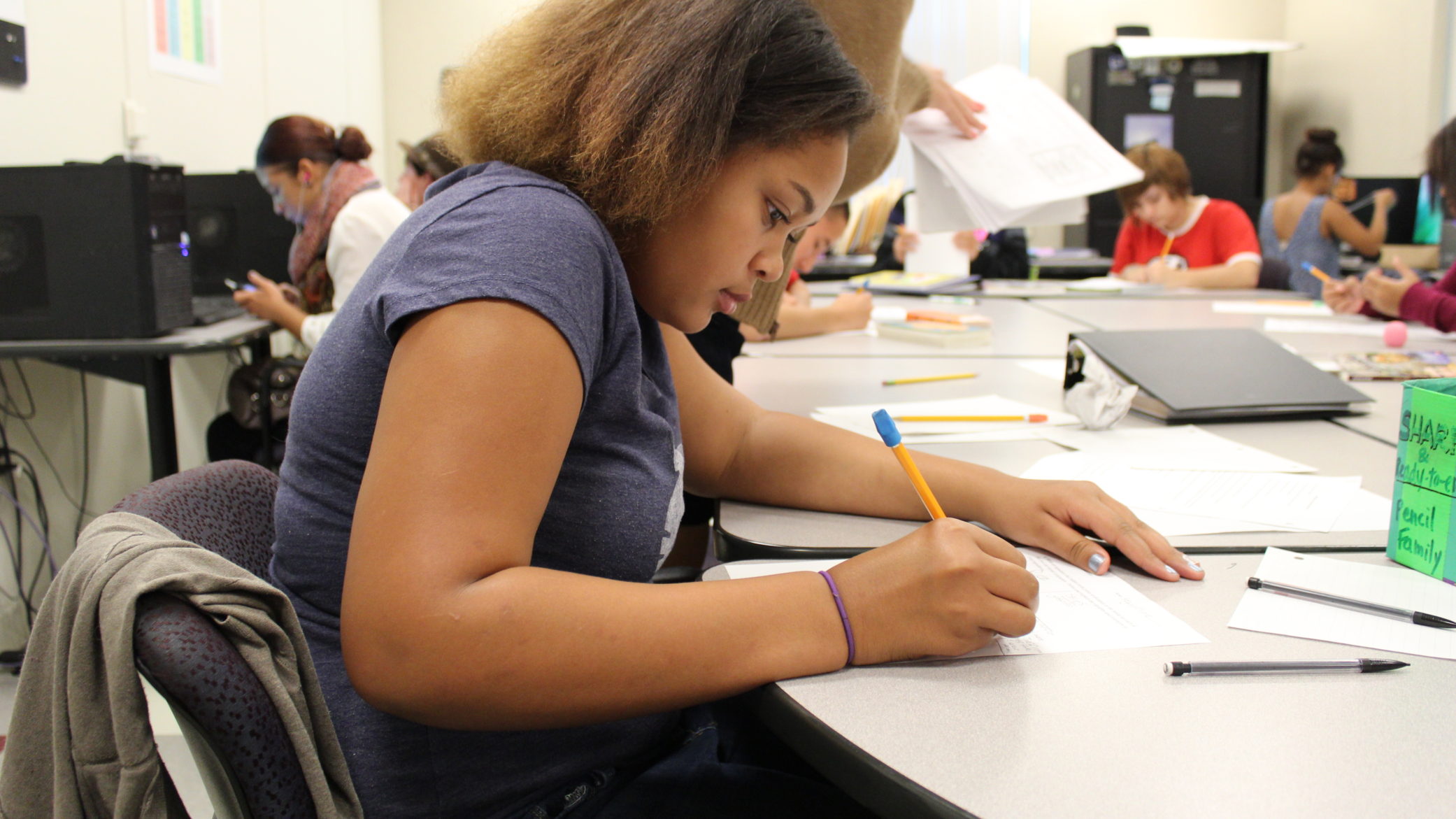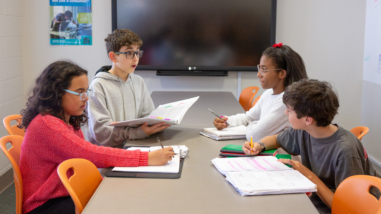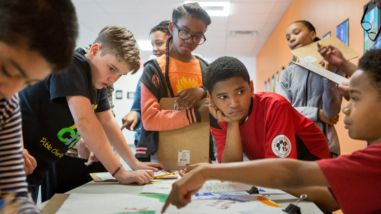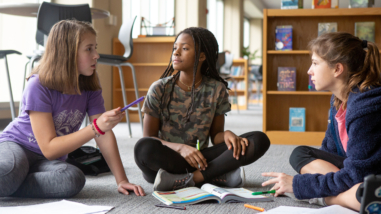Recent events — from police shootings to polarized national political debates — underscore the urgency and challenges of building diversity, equity and inclusion into our everyday work. The tensions and conflicts we are experiencing sadden us and compel us to act.
Over the summer of 2016, our Education Program launched a diversity, equity and inclusion (DEI) pilot project with current deeper learning grantees. The project focuses on giving out organizational effectiveness (OE) grants. Unlike most programmatic or project grants, “organizational effectiveness” grants provide modest, targeted support to help existing grantees strengthen their internal systems. The goal is to help nonprofit leaders prioritize, justify and support capacity-building projects that are essential to their long-term effectiveness and impact, and which would otherwise likely would go unfunded.
The Education Program has allocated approximately $500,000 across 10 organizations that are seeking to improve their internal DEI practices and capacities. Specifically, these grantees are seeking to make changes in their organizational culture so that they can address long-standing inequities that impact the work that they do to help all students. The hope is that these internal changes will begin to change the organizations’ impact on equitable education outcomes. We are also hoping to learn what it takes to focus on DEI as institutions and individuals.
We have learned a number of things about diversity, equity and inclusion in our own conversations at the Hewlett Foundation. We found that these issues are deeply personal. Each of us is informed by our own experiences — whether through privilege or pain, or both. The philanthropy sector is grappling to find a path forward that is equitable and just. At the same time we recognize that these difficult and delicate issues will draw upon our skill, empathy and courage.
So what can be done? While there are a wide range of possible responses, our grantees have identified “internally facing” needs that range from recruiting and retaining a diverse staff to building an inclusive institutional culture and capacity as a top priority.
Needs can also be “externally facing,” such as ensuring the organization’s work incorporates the perspectives and experiences of the underrepresented communities it serves. Many grantees want to work on these issues but do not necessarily have the capability to do so effectively. We believe that if these organizations become stronger internally, this could, in turn, help result in a sector more responsive to disparities in educational outcomes.
To get things started, our program worked with Keecha Harris and Associates Inc. (KHA) to develop and implement a competitive request for proposals (RFP) process from July to October of this year. The selection process asked grantees to reflect on questions ranging from their vision for diversity, equity and inclusion to lessons learned from previous efforts. We also developed an aligned scoring rubric and review process, and a panel of external experts, KHA staff, and Hewlett program staff as proposal reviewers.
Each application was scored according to the following four criteria: potential for impact; feasibility or likelihood of success; budget; and organizational readiness. After conducting individual reviews and submitting scores, reviewers came together for a full day meeting to decide on the proposals they believed should be funded. Of 27 submissions — nearly half of Hewlett’s deeper learning grantee portfolio — the top 10 proposals were approved for first year funding. The initial pilot cohort includes the following organizations:
- Community Growth Educational Foundation, Inc.
- ConnectEd: California Center for College and Career
- EDLeader21
- EDUCAUSE
- EL Education
- Generation Citizen
- International Network for Public Schools
- Pivot Learning
- Unbounded Learning
- University of Chicago Consortium on School Research
So what’s next? We will reflect on lessons learned from peers, grantees, external experts and findings from the pilot work, which will inform our next steps. We are also supporting a DEI OE Learning Community — a facilitated venue in which this new set of grantees can share, listen and learn from one another, and help the Hewlett Foundation engage diverse organizations in meaningful and relevant dialogue and resource sharing. Based on progress of the pilot, and additional interest and capacity among grantees, we will consider the potential to renew pilot grants and/or open a second cohort of DEI OE grantees in the following year.

 Big Picture Learning
Big Picture Learning


